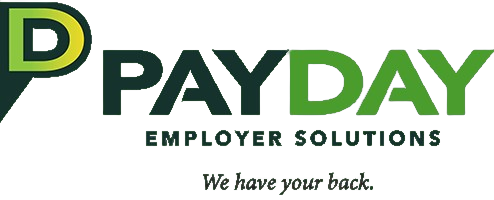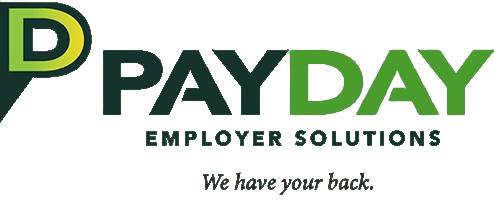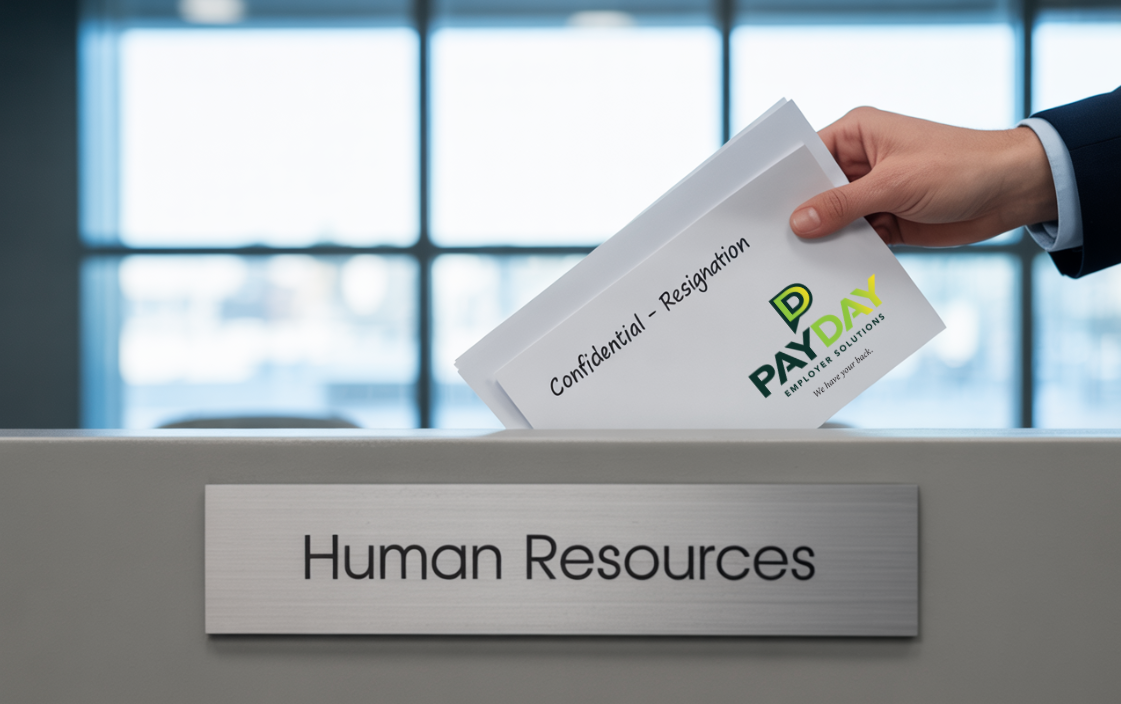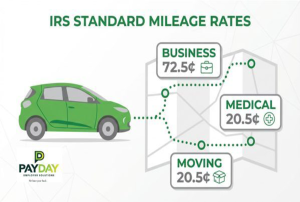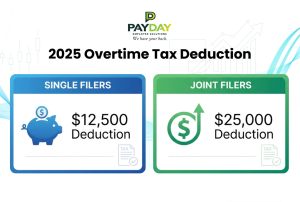Every employee resignation is a message. It’s not just someone handing in their notice, it’s a reflection of your leadership, culture, and systems. Instead of rushing to fill the role, step back and ask: Why did they really leave? That’s where the gold is. When used strategically, resignations become a tool to strengthen retention and improve your exit process across the board.
Offboarding Is a Brand Move, Not Just a Box-Tick
Most businesses treat employee offboarding like admin; revoke access, final paycheck, move on. But here’s the thing: people remember how they were treated at the end. How you offboard is your parting signature, make it count. If it’s clear, respectful, and smooth? You build advocates, not just alumni. Done wrong? Expect a Glassdoor review with teeth.
Use automation where it counts. With PayDay Employer Solutions, you can simplify everything from HR workflows to final paycheck delivery, making exits consistent and error-free.
Three Steps to Handle a Resignation
- Acknowledge the Resignation
Start with gratitude. No matter how or why they’re leaving, thank them. This creates space for a professional and constructive offboarding journey. - Clarify the Wrap-Up
Get aligned on timelines, handovers, and any outstanding projects. This ensures their last stretch of work is clear and contributes to a strong finish. - Trigger the Exit Flow
Automate tasks: access removal, equipment returns, payroll, and final communication. A reliable offboarding checklist prevents last-minute scrambles and protects your data, systems, and culture.
What Is an Exit Interview?
An exit interview is a structured conversation between a departing employee and a company representative typically someone in Human Resources or an external facilitator. Unlike a performance review, this interview is retrospective. It’s about reflection, honesty, and discovery.
Why Exit Interviews Matter
The exit interview is your clearest mirror. It’s the one time people speak with freedom, no office politics, no filter. That’s your opportunity to uncover hidden issues, cultural blind spots, or competitive pulls.
Exit interviews aren’t fluff, they’re your culture’s truth serum. They help HR teams see trends, improve manager performance, and avoid future turnover. And for the departing employee? It offers closure. A well-run exit interview shows you care about more than productivity, you care about the human.
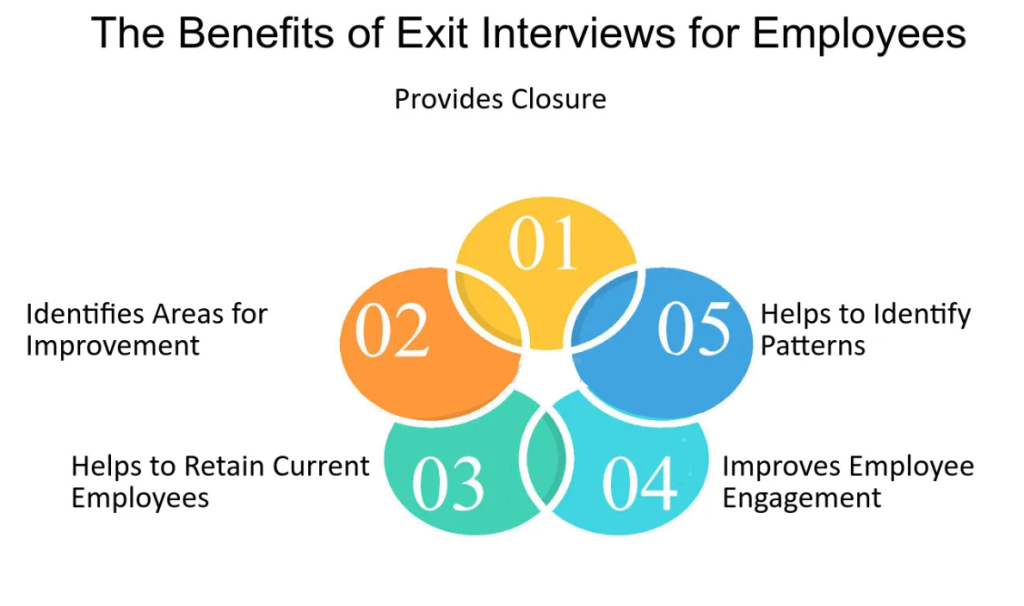
Benefits for HR & Leadership:
- Detect patterns in employee resignation
- Improve culture and internal communication
- Gain feedback on onboarding and management
- Capture competitive intel on other job offers
Benefits for the Employee:
- Feel heard and respected at the end
- Share honest feedback without fear
- Leave with a positive memory of their experience
Best Practices for Exit Interviews
A poor exit interview is worse than none at all. Don’t just ask “Why are you leaving?” That’s lazy. Instead, go deeper:
- “When did you first start thinking about leaving?”
- “What made you stay as long as you did?”
- “How did your manager support or block your growth?”
- “Would you ever return? What would have to change?”

The format matters too. Use someone neutral not their manager. Think HR or external facilitator. Keep it structured, but let it flow. Ditch the clipboard. Lean in. Listen.
PayDay Employer Solutions can help you deliver automated, anonymous exit interview surveys if you want to track patterns over time which is key to making data-driven improvements.
Turn Every Exit Into an Edge
Your offboarding process isn’t just about what’s leaving it’s about what you’re learning. Every resignation gives you a chance to fine-tune your culture, correct course, and grow stronger. When you build a system that respects people on the way out, you build a business people want to come back to.
Ready to Turn Exit Interviews Into a Strategic Advantage?
Stop treating the exit interview as a formality. From improving your offboarding process to capturing meaningful feedback, this is where retention begins.
Make every goodbye a moment that moves your company forward.
Want to do it right? Let’s make it work for you — contact us today.

FAQs About Exit Interviews and Offboarding
What is the goal of an exit interview?
To gather feedback and understand why employees are leaving so you can improve retention and culture.
Should employees be honest in exit interviews?
Yes, but professionalism is key. Constructive criticism helps organizations evolve.
How do you structure an offboarding process?
Use a checklist: confirm dates, transfer knowledge, revoke access, interview, and process final pay.
Can offboarding improve employer brand?
Absolutely. A graceful, organized exit experience builds reputation and may encourage returning talent.
Is an exit interview required by law?
No, but it’s a best practice recommended by leading HR professionals.
